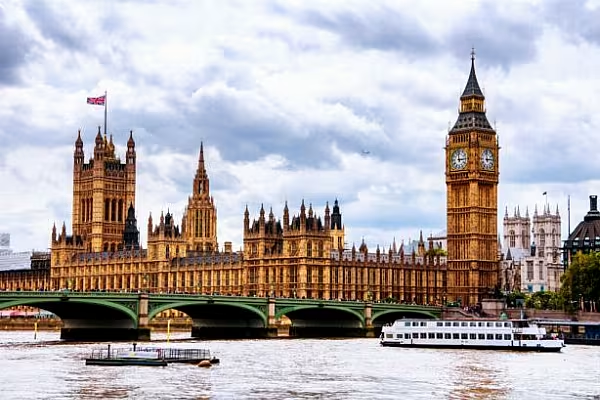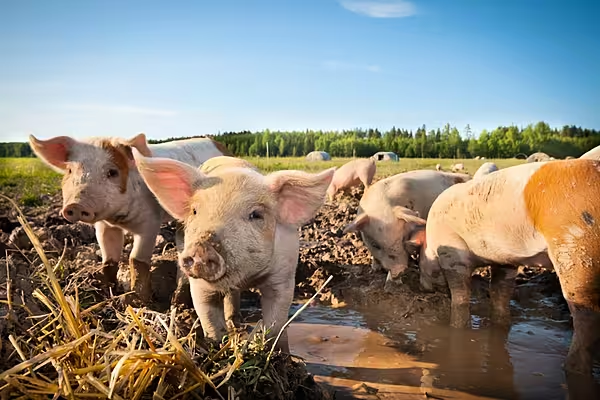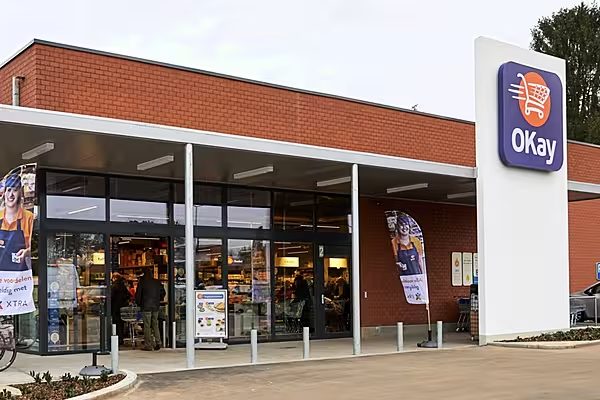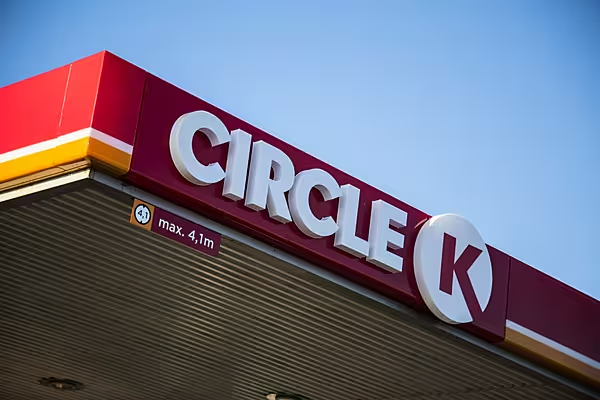Optimism among British firms has sunk, according to two surveys published on Thursday, six days before finance minister Rachel Reeves tries to chart a way between raising taxes and boosting growth in the new government's first budget.
The preliminary S&P Global Flash Composite Purchasing Managers' Index for October showed confidence was the lowest since November 2023.
It also showed the slowest growth across the services and manufacturing sectors in 11 months, while hiring shrank for the first time this year.
Budget Uncertainty
Separately, the Confederation of British Industry said its measure of optimism among manufacturing firms fell at the fastest pace in two years.
Matt Swannell, EY ITEM Club's chief economic advisor, said the drop in Thursday's PMI might be short-lived as it was probably distorted by uncertainty about the budget, but it still pointed towards softer growth in the second half of 2024.
Chris Williamson, chief business economist at S&P Global Market Intelligence, said the survey suggested the economy was growing at a quarterly rate of just 0.1%.
Economic Outlook
"Clearly, the policies announced in the budget have the potential to play a major role in steering the direction of the economy in the months ahead," he added.
Williamson said uncertainty about conflict in the Middle East and Ukraine as well as the U.S. presidential election were adding to firms' jitters about the economic outlook.
Reeves will set out her plans for taxes and spending next Wednesday. She has warned that some taxes will go up after identifying a 22 billion-pound fiscal hole soon after coming to power in July.
Ongoing Inflation Challenges
Analysts say the PMI data might prompt the Bank of England to take a quicker approach to cutting interest rates.
"The worrying news on activity may mean that Bank of England will be more actively considering whether to follow the likely 25bps cut in interest rates at the November meeting with another 25bps cut in December," Elias Hilmer, assistant economist at Capital Economics, said.
October's PMI data showed a cooling in companies' cost pressures with input price inflation dropped to 57.8 - the lowest since December 2020.
But output prices rose to their highest since July as firms sought to pass on some of their higher costs to consumers.
Allan Monks, an economist at JP Morgan, said the BoE had drawn attention to that measure of price pressures earlier this year. "This highlights the ongoing inflation challenges the BoE faces even as growth cools," Monks said.














